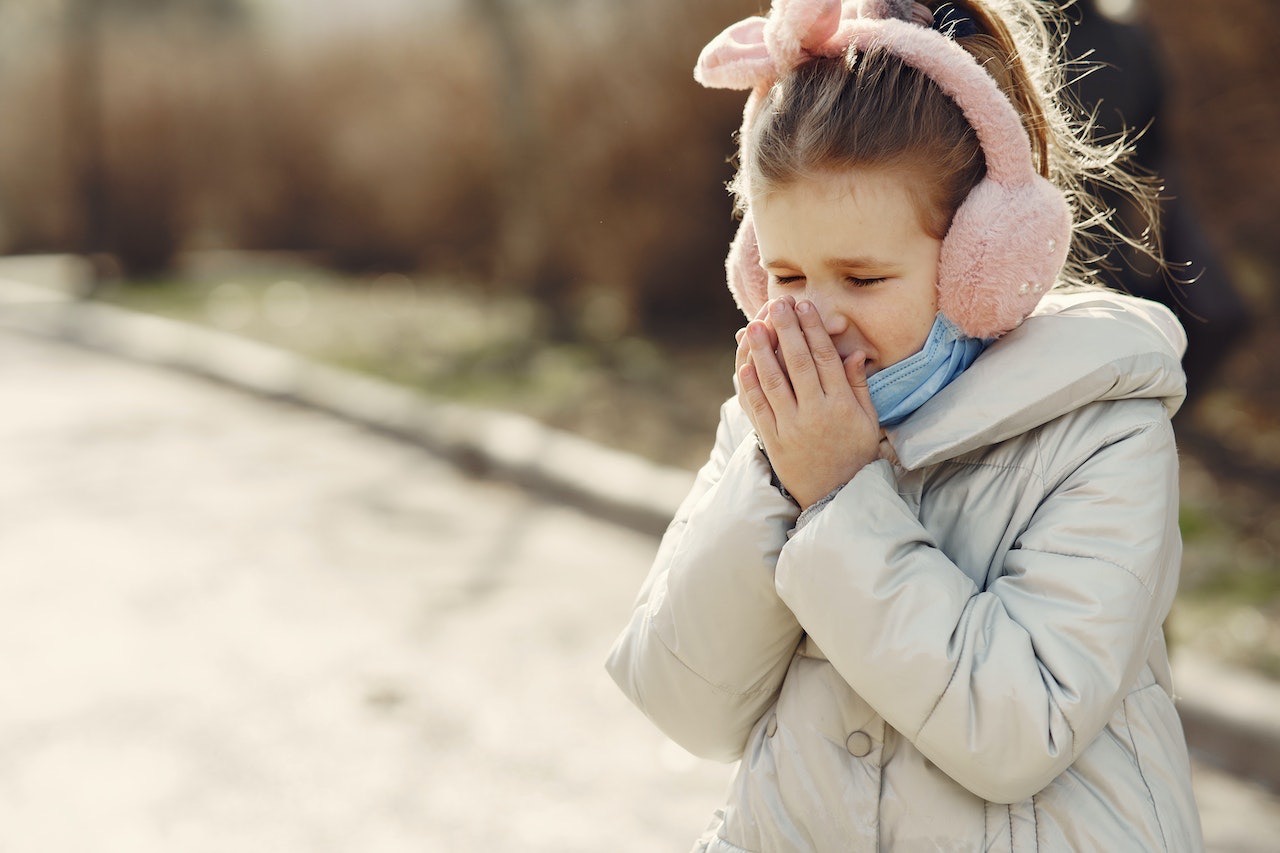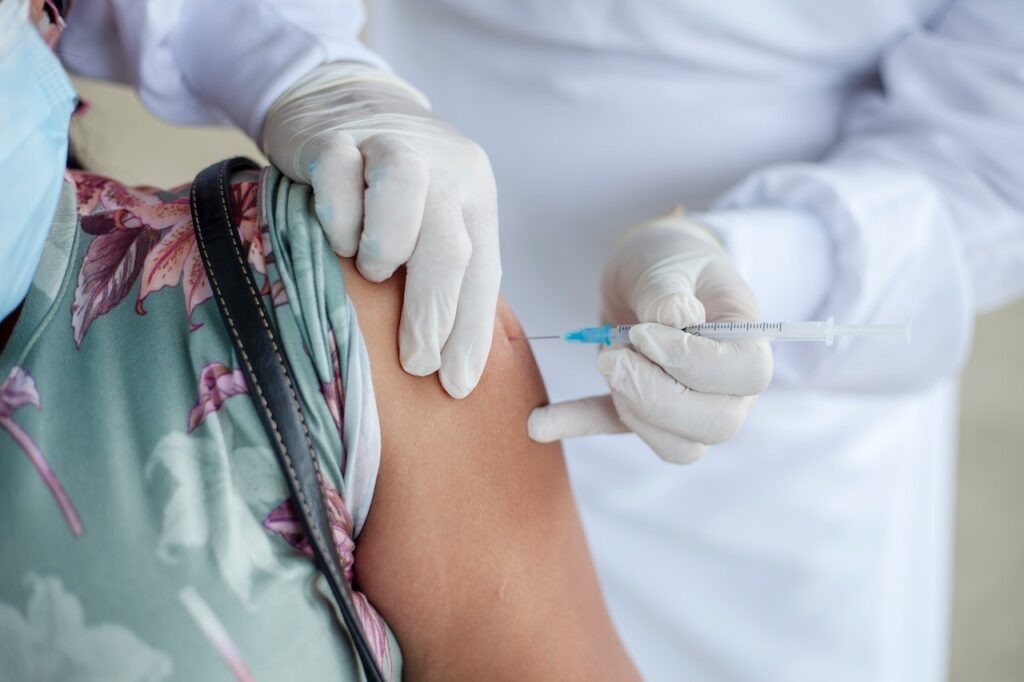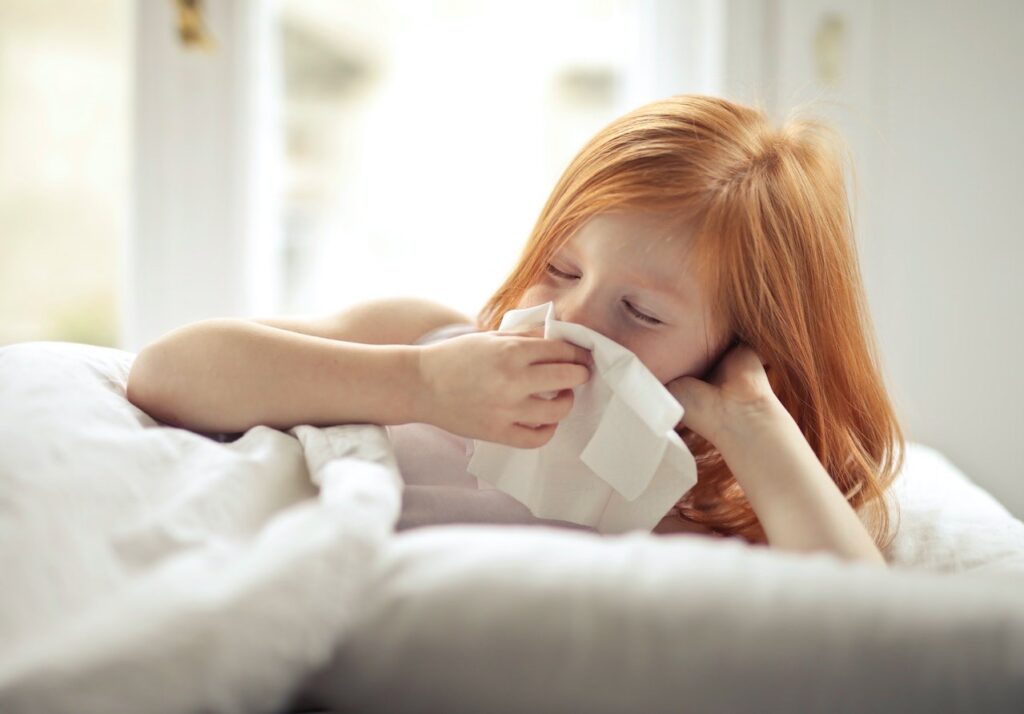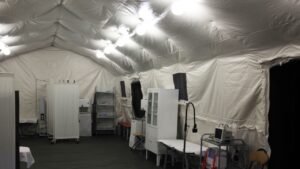Disease prevention : keep your children healthy back-to-school season
In today’s world, schools are a vital environment for children’s development and education, but they are also a place where diseases can easily spread among students. Disease prevention in school is crucial to ensuring the health and safety of students and teachers alike.
Disease prevention :What are infectious diseases in schools?
1. Colds and flu:
It is one of the most common diseases in schools. These viruses cause symptoms such as coughing, sneezing, fever, and nasal congestion. The virus spreads easily through direct contact or contaminated objects. To prevent it, you must wash your hands regularly and avoid direct contact with infected people.
you can also check Back to school : How do I prepare my child for school?
2. Sore throat and ears:
Schoolchildren sometimes suffer from strep throat and ear infections, which are common conditions that cause pain and swelling in the throat and ears. There are various causes of a sore throat, including viruses and bacteria.
3. Diarrhea and vomiting:
They may be a symptom of intestinal diseases and enteroviruses. This type of disease can quickly transmit through direct contact with infected people or through contaminated food and water. Personal hygiene is very important to protect against diarrhea and vomiting and to ensure the cleanliness of food items.
6. Chickenpox (water measles):
It is a viral disease that causes a rash and severe itching. The virus is transmitted through direct contact and the air. Attention should be paid to vaccinating children to protect them from this disease.
Measles is a viral infection that includes symptoms such as fever, rash, and cough. It can be dangerous and is transmitted through air and direct contact. To avoid measles, children must be vaccinated be aware of its symptoms, and stay away from those infected.
8. Head lice:
Head lice is a common problem in schools and can spread quickly between children. It causes an itchy scalp and can be transmitted through contact with common areas such as hats or combs. To prevent its spread, children should avoid being close to their friends who have lice and maintain their hygiene.
Important tips for preventing school diseases:
1. Washing hands regularly with soap and water is one of the most important ways to prevent many diseases. This habit must be constantly reinforced, especially before eating and after using the bathroom.
2. Vaccinations play an important role in preventing infectious diseases. Children and teachers must adhere to the vaccination schedule recommended by health authorities.
3. Cover the mouth and nose when sneezing and coughing with a tissue or by bending the elbow to prevent the transmission of virus-laden saliva droplets.
4. Avoid direct contact with infected people: Children and teachers should avoid direct contact with people infected with contagious diseases until they recover.
5. Regularly clean and sterilize shared spaces, such as toys, furniture, and school bus seats.
6. Encourage children to have healthy habits such as eating healthy, drinking water regularly, and getting enough sleep.
7. Education about prevention: Raising awareness of the importance of prevention can contribute to enhancing health awareness among students and teachers. Awareness sessions and workshops can be held on health and prevention topics.
8.Stay at home when infected: If symptoms of the disease appear, students and teachers must stay away from school and remain at home until they fully recover to prevent the spread of infection.









